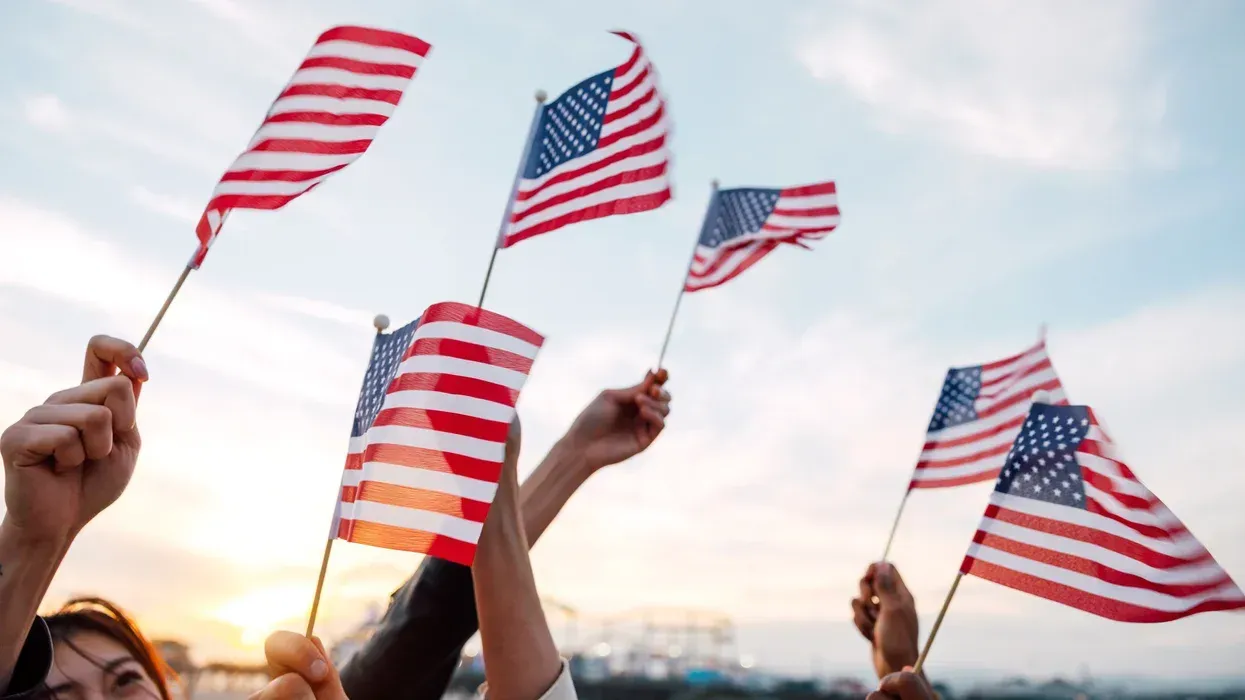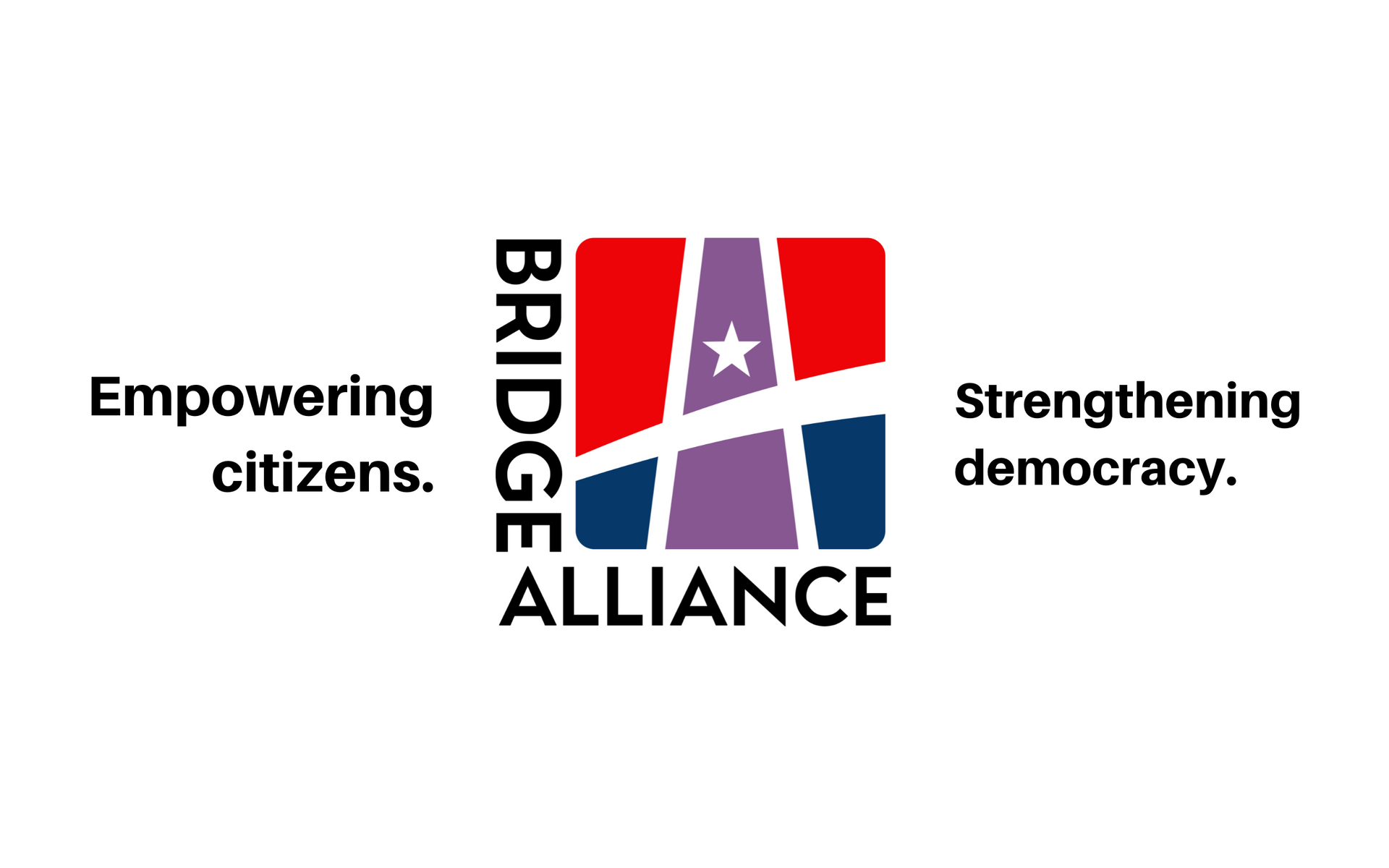Beyond Binaries: Strengthening Democracy Through Nuanced Understanding
Multiple things can be true at once.

Last week, the National Association of Nonpartisan Reformers convened a summit in Denver. It was a gathering marked by a sense of camaraderie among peers, juxtaposed with an acute awareness of the challenges posed by the upcoming November election. The stakes for our field, the nation, and the global community have never felt higher. Yet, as we departed from the summit, I felt ready to face whatever complexities 2024 might hold.
Then, while waiting for my plane to take off on Friday, news that Russian opposition leader Alexei Navalny's death reached me. Rather than dwell on the geopolitical consequences, my thoughts turned to the inevitable polarized reactions I predicted to see on mainstream and social media. True to form, platforms quickly became battlegrounds for narratives, casting Navalny's struggle within the binaries of U.S. politics. This dichotomy overlooks the complex reality of Navalny's legacy, both as a critic of corruption and as a figure with contentious views. The rapid oversimplification of Navalny's life and work into binary political narratives challenges us to acknowledge that multiple truths can coexist.
The Navalny reporting underscores a broader issue in our media landscape, exemplified starkly by the divisive coverage and polarizing discourse surrounding the COVID-19 vaccine.
This week, AllSides evaluated coverage of a study published on February 12th analyzing 99 million individuals vaccinated against COVID-19 worldwide. The study's findings were often relayed as a reduction of complete information into partisan talking points. The essential details, such as the comparative risks of health issues from the vaccine versus the virus itself, are lost in a sea of polarized content, demonstrating the difficulty in achieving a balanced understanding in today's media environment.
As we move towards 2024, a significant danger to our democratic processes lies not in specific parties or ideologies but in a declining trend in information literacy. The oversimplification of complex issues for the sake of engagement and clicks erodes our collective capacity for informed discourse. This environment enables conflict profiteers to muddy the waters of truth, making it challenging for the public to discern fact from fiction.
Hannah Arendt famously wrote in her essay, “Truth and Politics,” that the essence of truth-telling is lost when we lack a non-political standpoint from which to interpret the world. Historically, the press, scientists, artists, judges, and historians have provided perspectives that anchored a common reality. Today, as communities across the U.S. grapple with crises that erode common understanding, it becomes evident that embracing the complexity of truths is vital for preventing division and fostering unity.
American Values Coalition highlighted one of those communities, East Palestine, Ohio, which has been facing a loss of community, as well as independent and non-politicized facts, surrounding the train derailment that occurred there last year. Reading their story, it again stands out to me that in East Palestine, multiple things can be true at once, and their community acknowledging that can help prevent them from dividing against each other into false binary narratives that cannot possibly capture all that has happened to their community.
As members of the Bridge Alliance and advocates for healthy self-governance, we must champion the cause of nuanced understanding and resist the allure of oversimplification. We can counteract the forces that seek to divide us, building a more informed and resilient democracy and a shared commitment to the common good.
Featured Content
ActiVote (Blog) February 17th: Trump vs Haley Republican Primary
AllSides (Headline Roundup) February 20th: COVID-19 Vaccine Linked to Health Disorders in Largest Study Yet
American Values Coalition (Blog) February 9th: Can Democracy Save Us from Voters?
Civity (Blog) February 7th: Walking the Civity Walk
Independent Voter News (Article) February 15th: March 5 is Super Tuesday... And No One Cares
Issue One (Press Release) February 7th: Issue One’s NCEI co-chairs call on Congress for renewed investments in U.S. elections ahead of November
Unite America (Report) February 13th: 23.5M Independent Voters Are Disenfranchised in 2024 Primaries
RepresentWomen (Report) February 16th: The Barriers Black Women Face While Running for Public Office
Renew Democracy Initiative (Blog) February 16th: Garry Kasparov: The Real Reason Putin Killed Navalny
Veterans for All Voters (Video) February 6th: Leadership After Hours: Ep44: Are the two political parties gaslighting us?
Podcasts
Ballotpedia (On the Ballot) February 15th: Chevron Deference, Explained
Common Ground Committee (Let’s Find Common Ground) February 15th: Is Everything We're Told About Independent Voters Wrong? Jackie Salit and John Opdycke
DaviesMedia (How Do We Fix It?) February 9th: Changing Journalism: Boosting Trust in the News Media
McCourtney Institute for Democracy (Democracy Works) February 12th: How to combat political extremism with Cynthia Miller-Idriss
The Village Square (Village SquareCast) February 16th: The Big Sort with Bill Bishop
Citizen Connect Featured Events
Living Room Conversations (February 27th @ 11:00 a.m. PST) Connecting Your Library Community Through Conversation
92NY Belfer Center for Innovation & Social Impact (February 28th @ 7:00 pm EST) Backsliding Democracies and Women’s Rights Around the World, Part 2
Fix Democracy First (February 28th @ 5:00 pm PST) Democracy Happy Hour
News Literacy Project (February 29th @ 12 noon CST) Election 2024: Are you informed or influenced?
The Village Square (February 29th) Dr. Jonathan Haidt: After Babel
Featured Fulcrum Articles
James-Christian B. Blockwood, February 7th: Our divided nation will fall unless we return to American pragmatism
John Opdycke, February 7th: Brash Tacks: People power, not palace politics
Brian Clancy, February 14th: George Washington knew how to govern but are we willing to listen?
Tyler Fisher and Carlo Macomber, February 14th: 27 million voters are shut out of primary elections
David L. Nevins, February 15th: Luke Combs, politics and finding common ground through music
Members In The News
Issue One (The Hill) February 19th: A unique set of challenges could cause turmoil in 2024 — but here’s why we can trust the vote
Mormon Women for Ethical Government (Deseret News) February 15th: You can love Israel and still hold its government accountable
RepresentUs (Newsweek) February 20th: Two Senators Bought Bonds in States They Represent: 'Conflict of Interest'
Unite America (Colorado Newsline) February 19th: Open primaries effort attracts big contributions from South Dakotans and Colorado group
Veterans for All Voters (The Boston Sun) February 16th: Coalition Builds Momentum for Ranked Choice Voting in Boston




